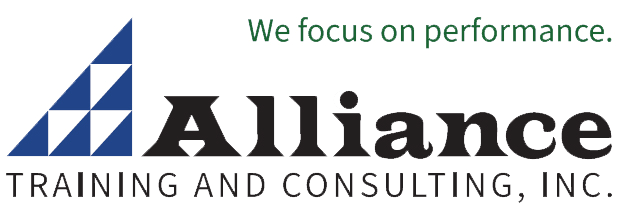Cultural Differences Impact Workplace Communication
By: Paulette Markel
“To Ming or not to Ming, that is the question.”
This was the subject title of an email I received while working for an international company. The context of the "question" was: do we fire Ming Liu? Should we get a replacement in Singapore to work with our customer in South East Asia? The idea of forming a multicultural team to service the customer worldwide was excellent. Unfortunately, the issue of communicating with each other was a problem. The problem was compounded by the fact that all communication was through conference calls and email.
In the United States, we use low-context communication. We emphasize directness, explicitness and verbal expressiveness. In Asian culture, high-context is the norm. It involves indirectness, implicitness and nonverbal expressions. This team was stuck in the storming stage of the multi-cultural team building process because of their inability to communicate effectively across cultural lines. What we had was a political issue between the decision makers (customer) in the Philippines and the United States. There was also a failure to communicate within our own team. In the end, Ming did the right thing from the customer’s perspective. What she did not do was communicate with her team and lost their trust.
Intercultural communication: Communication and negotiation between individuals of different cultures is successful when you learn to form cultural bridges. This requires an understanding of the core values of the other culture as well as your own personal values. It requires an understanding of culture, subjective culture and cultural literacy.
Culture is based on knowledge, beliefs, art, laws, morals, customs, religion, language and any capabilities or habits acquired as a result of being a member of a certain group.
Subjective culture is developing an understanding of your own core values and how cultural filters effect your perception of the world. These values and cultural filters are developed as a result of all the things that encompass your background as a child and life experiences including: your religion, things your parents taught you, perceptions of ethics and morality, and more. Consider your work experience and how you communicate and make decisions. Have you had instances where you have been at an impasse with a colleague on a project due to miscommunication? Was this colleague from another culture and could that have been one of the issues? What perceptions did you develop? These perceptions are our personal reality and each of us perceives the same situation through different cultural filters.
Cultural Literacy is where you learn to understand and accept the differences in other people. When you reach out to your fellow co-workers and neighbors that are from other cultures, you find you have several things in common that can start a friendship such as our jobs, our children, and our religion, etc. Your neighbors and congregation at church are a natural way to meet and get to know people from other cultures. As your friendship deepens, you can ask them to start to share their culture and values. You then learn the “color” or nature of the filter that creates their perceptions of the world and yours – you develop cultural literacy with the other person.
When we become culturally literate, we can then form cultural bridges at work, at home, in our churches and our community. We can use the positive differences we discover to provide more creative productivity in the work place. Employee attitude surveys have shown that if a company embraces intercultural diversity, their staff is more satisfied with their jobs. These surveys also show employees of these companies would recommend the company to friends and, most importantly, they are loyal to the firm.
So, before you fire the “Ming” in your organization, step back and look at yourself and the cultural filter coloring your perception. Then think about Ming’s filter and determine if there is a way to form a cultural bridge to reduce miscommunication. Accept the differences and use them in a positive way to enrich your life and the people around you.
© 2015 Alliance Training and Consulting, Inc.
View our Human Resource Courses
